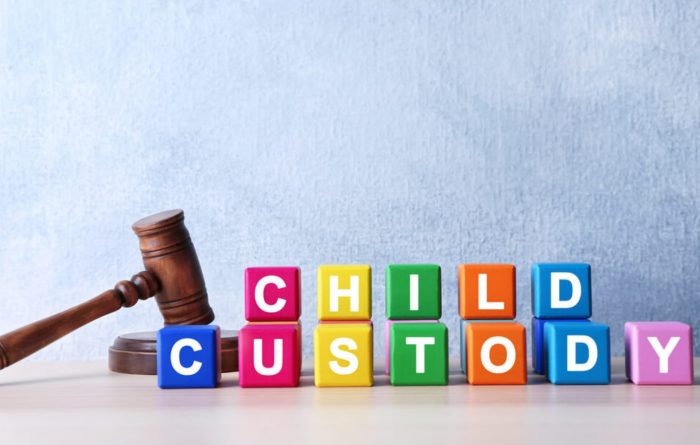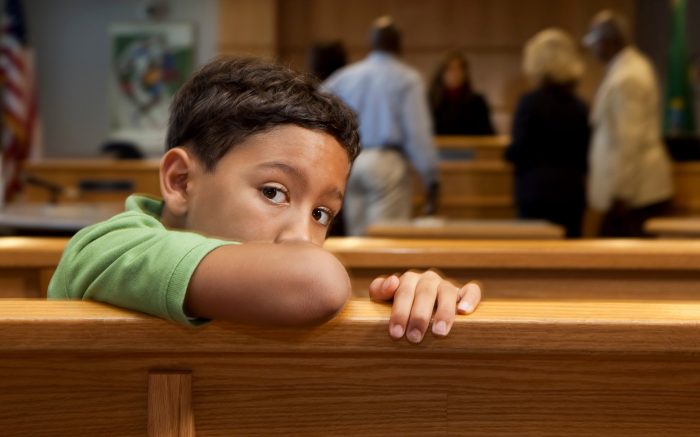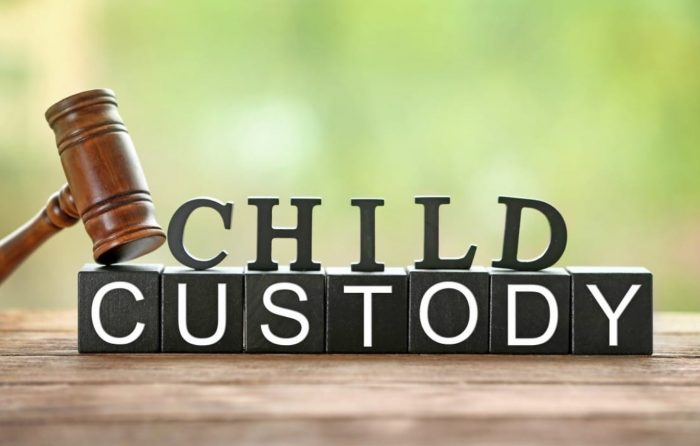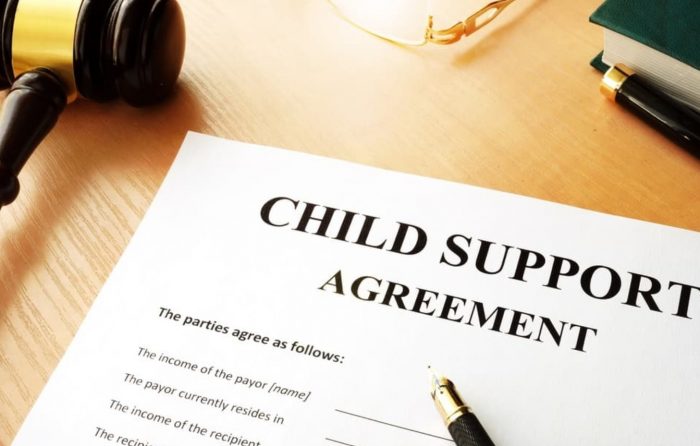
In the event of divorce with a child, setting up a plan that works for everyone involved is incredibly important. However, this isn’t as easy as it may seem. Thankfully, we’re going to explain typical child custody situations in which the divorce is amicable. Hopefully, by the end, you’ll have an understanding of what’s best for your child, your ex, and yourself.
Navigating child custody matters during an amicable divorce can still be a complex process. To ensure that your child’s best interests are at the forefront of these decisions and that you have the guidance you need, it’s often wise to consult with an experienced Atlanta Custody Attorney. Their expertise can help you create a child custody plan that promotes a smooth transition for your child and maintains a healthy co-parenting relationship.

What Is Shared Custody?
Shared custody (also known as joint custody) happens when a court awards the guardianship and care of the child in the event of a divorce between parents. It’s the court that will distinguish which shared custody will be taking place in regards to how the child spends their time between the two parents homes, the shared physical custody, religion, academics, and activities with the parents.
So once your ex and yourself have been given shared custody of the child/children, it will take a moment to understand the logistics of everything. Whether it be shuffling between houses, divvying holiday gatherings, or coordinating schedules, it will be difficult with someone who you couldn’t stay married to.
However, things can still work for the child if both parents can manage emotions, agree on the shared custody, be respectful, and remain cooperative. These qualities help their child adjust to the changes properly.

Tips For Healthy Shared Custody
Some helpful tips for shared custody are:
– Don’t badmouth – Never speak badly about the ex. Why? Well, doing so will be internalized (by the child) since the child is made up of both you and the ex. What is said about the ex is what your child will respond to, which will make them think about themselves. Whatever feelings you have about your ex (whether justified or unjustified), it’s important that it is kept to oneself.
– The shared custody isn’t about you – The custody is about the children, but the divorce was about the ex and you. Since divorce can cause an emotional tunnel vision, many forget the importance of creating a great childhood and get lost in their own needs and hurt. The custody isn’t about the prize, as it is about the gift of the child to be cherished. Putting aside egos is oftentimes best for the parent.
– Customize custody for the children – Take the following questions into consideration regarding custody arrangements: What are is the child’s personality and age? What is the family’s schedule? What are the social commitments and careers of each parent involved? What commitments do the children have in regards to extracurricular and academic activities? What’s the distance between parent’s homes and child care arrangements?

Common Shared Custody Arrangements
Three of the most common shared arrangements are:
– 2-2-3 Plans – These plans could be Monday and Tuesday with the father, then Wednesday and Thursday with the mother, and finish the week with Friday through Sunday with the father. This schedule can be flipped as well so both parents can have equal time with the child/children.
– 2-2-5 Plans – These plans could have Monday and Tuesday with the father, then Wednesday and Thursday with the mother, and alternate Friday through Sunday between the parents (one weekend with the father, the next weekend with the mother). This schedule is excellent for children who are older and have obligations, playdates, and practices in their schedule.
– Another plan could go as one week with the father, the next week with the mother, and so on.

In situations where an infant is involved, the infant usually remains in care of the mothers. When the child is of preschool age or a Todd, they can benefit from going back and forth between the mother’s and father’s respective households. Many individuals who practice mental health recommend frequent transitions for younger children and have seen that such scenarios have been incredibly beneficial for them.
As they get older, a 2-2-3 Plan lets the child see both of their parents regularly. As they continue growing, the child/children can move on to the 2-2-5 Plan arrangement. If such plans continue going well, the parents can negotiate on whether or not the child can handle the alternate week plan.
Now that we have discussed some of the more common custody agreements, let’s look at what the court takes into account when helping decide a shared custody agreement. An act put in place in Illinois called the Illinois Marriage and Dissolution of Marriage Act makes sure that neither parent gets left out of making decisions for their child, this also plays into how the agreement of custody will be settled. Some of these factors the court takes into account can be but not limited to:

- Considering the wishes of said parents
- Depending on the age and level of maturity, the child’s wishes are taken into account
- The money or resources and time both parents have to take care of the child
- Agreements made by the separated parents beforehand
- Overall relationship between the child and each parent
- The parent’s relationships with other adults who could possibly influence the child
- How far the parents live from each other, the parent’s schedules as well as the child schedule, and both parents’ cooperation within the agreement.
- Consider how transportation will be handled
- The physical health of both of the parents
- The mental health of both parents
- And anything else the custody court finds to be relevant to the particular situation will be put into consideration of how the custody agreement will be determined.

What types of changes will have to be made in the child’s life in regards to: school, neighborhood or community, the condition of homes, extracurricular activities, etc.
Considering the information above, it’s possible to make things work for shared custody of a child in the event of a divorce – especially if the divorce was amicable. Even if the divorce was amicable it is still wise to reach out to a family law firm that handles these types of divorces and child custody agreements. Thankfully, we are here to help keep the boat from rocking so that the child/children can have a life that’s as good (if not better) post-divorce. Wolfe & Stec Family Law Firm specializes in these types of divorces and child custody agreements, contact us today for further information on how we can be of service to you.
















